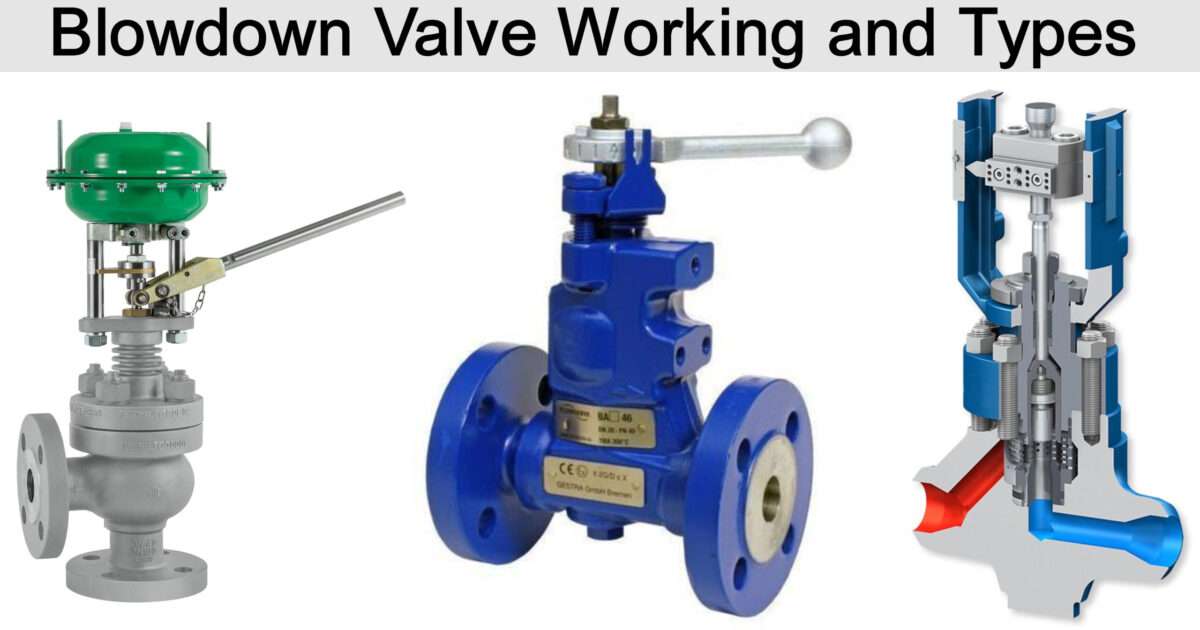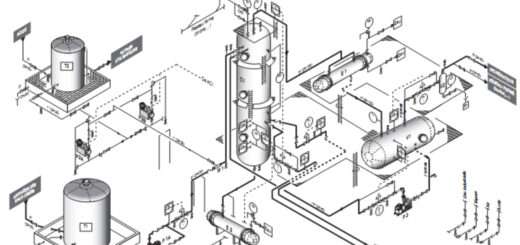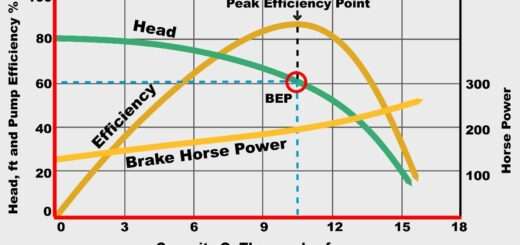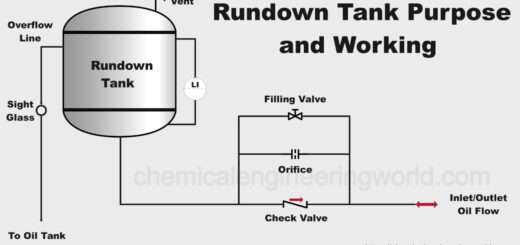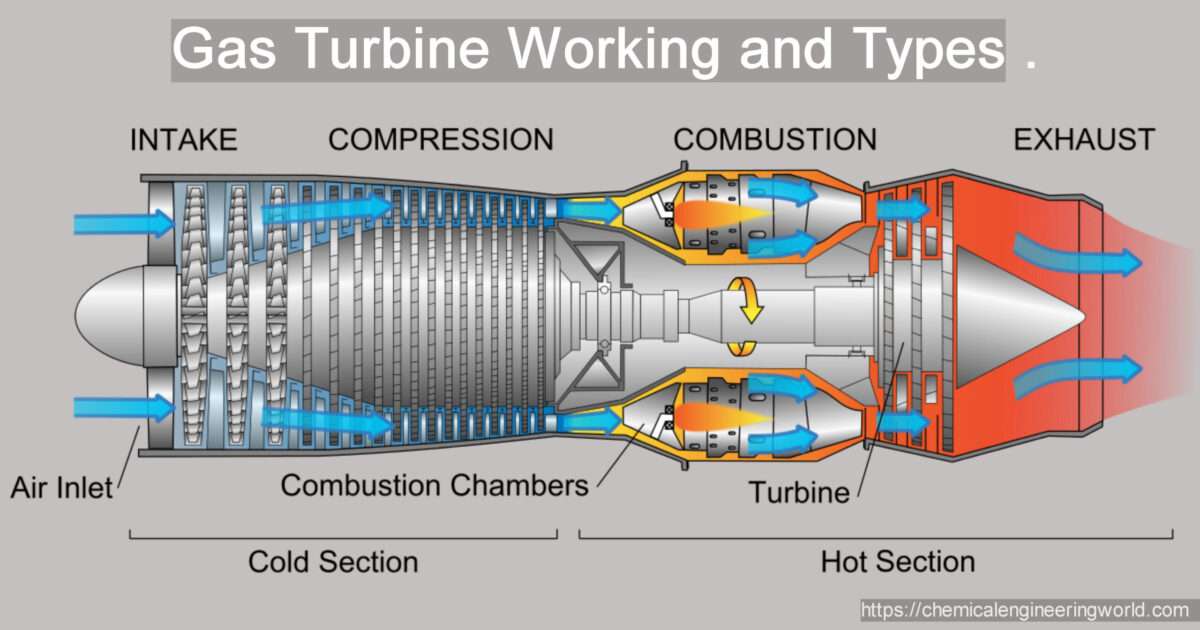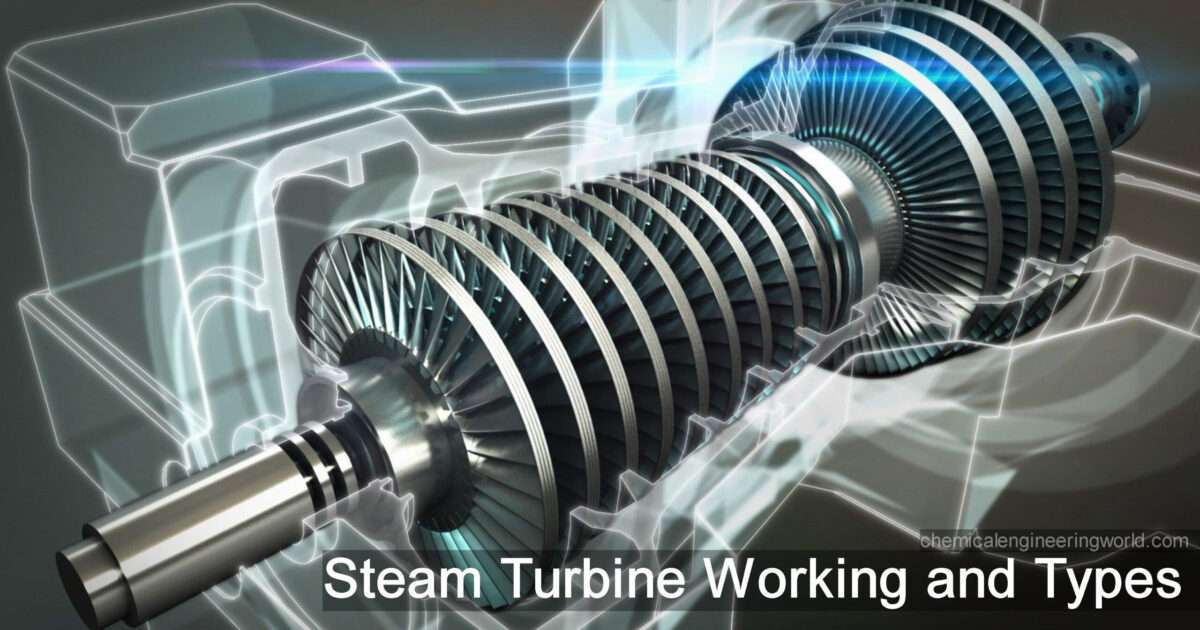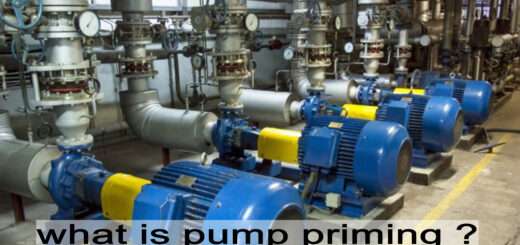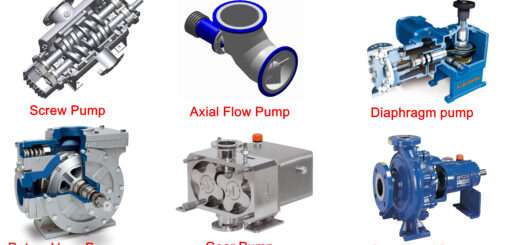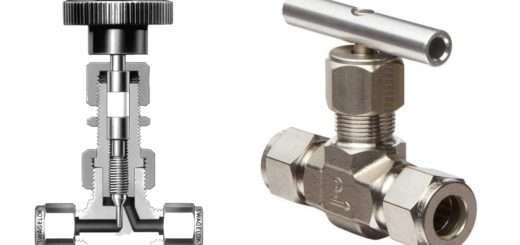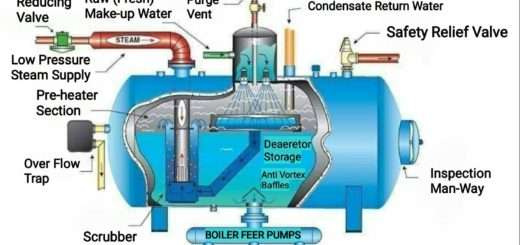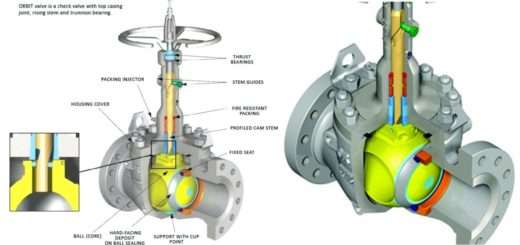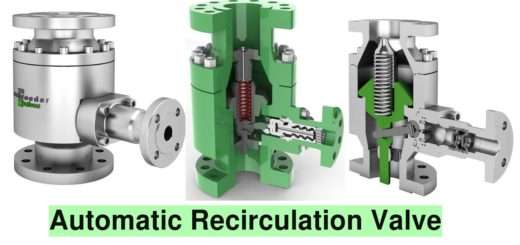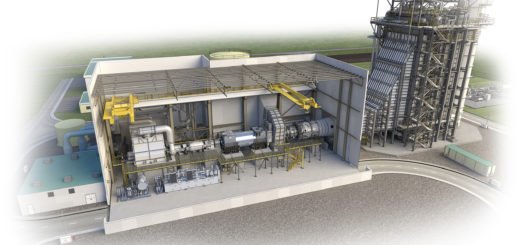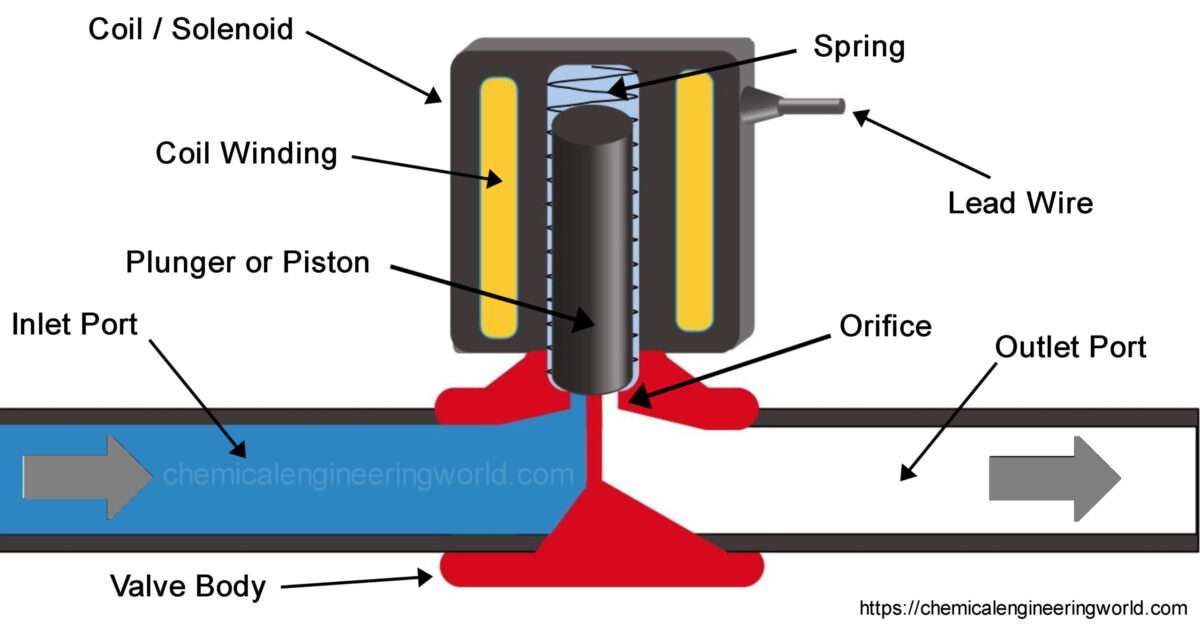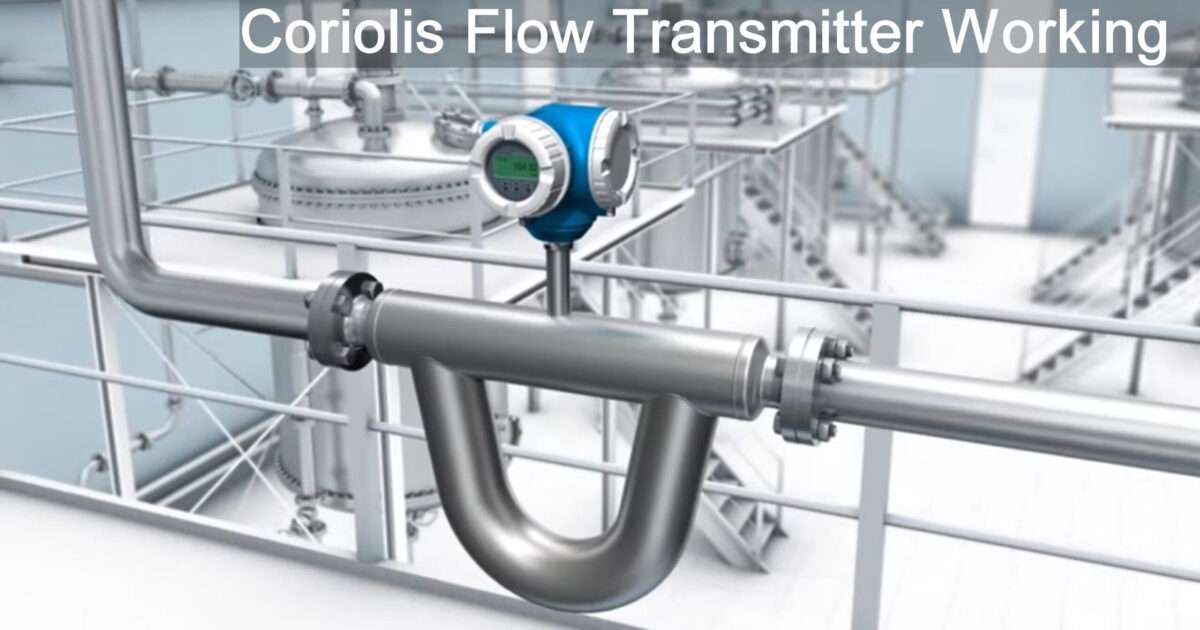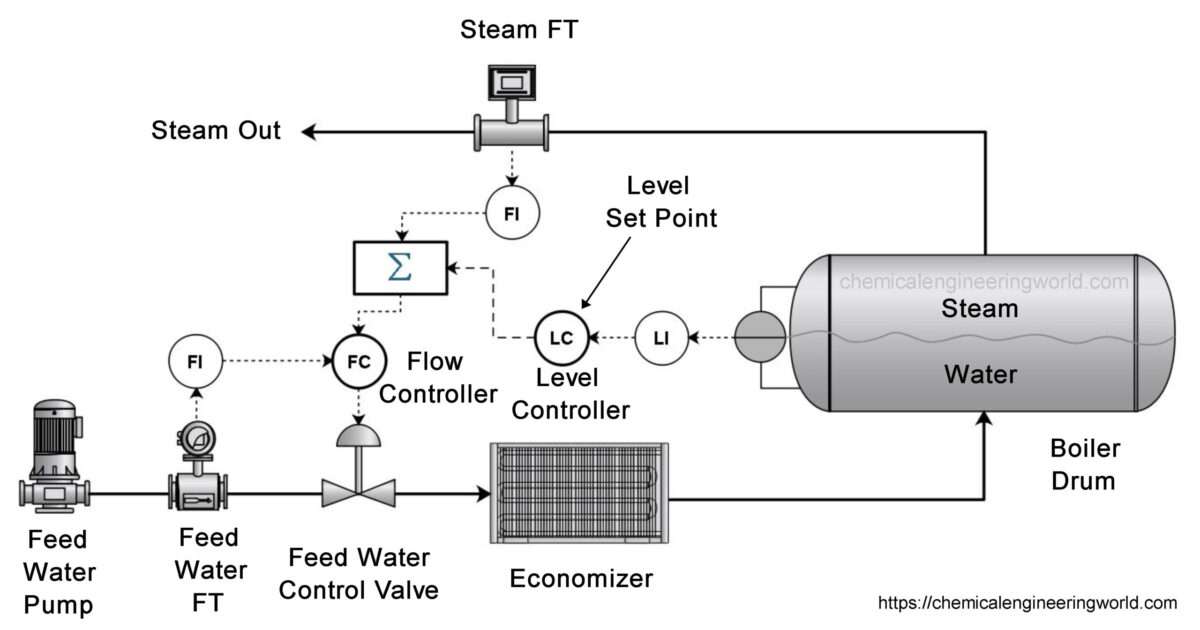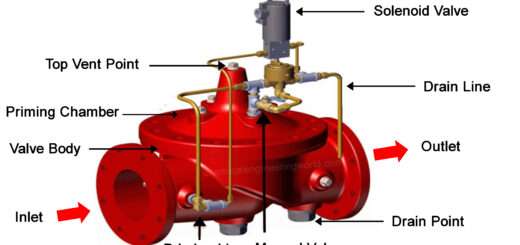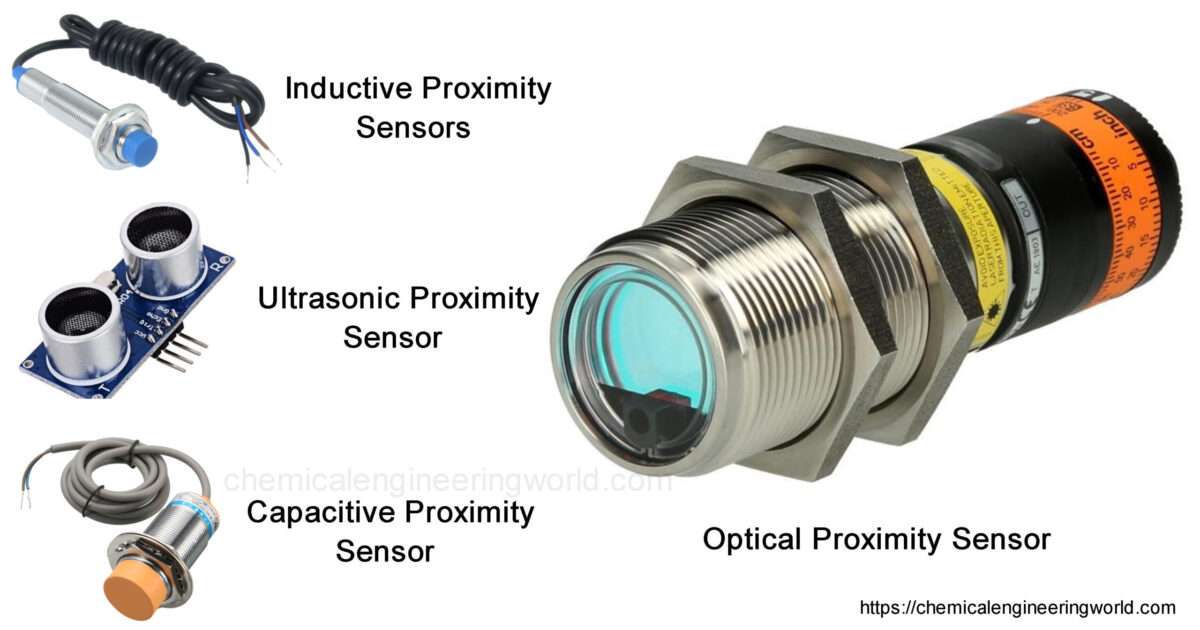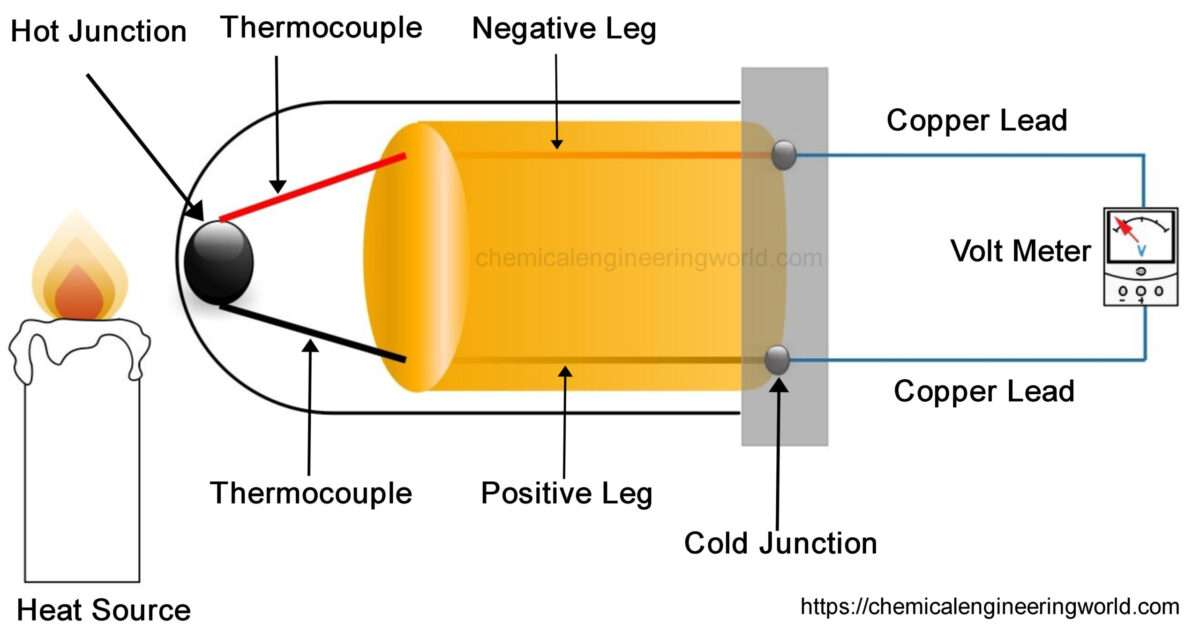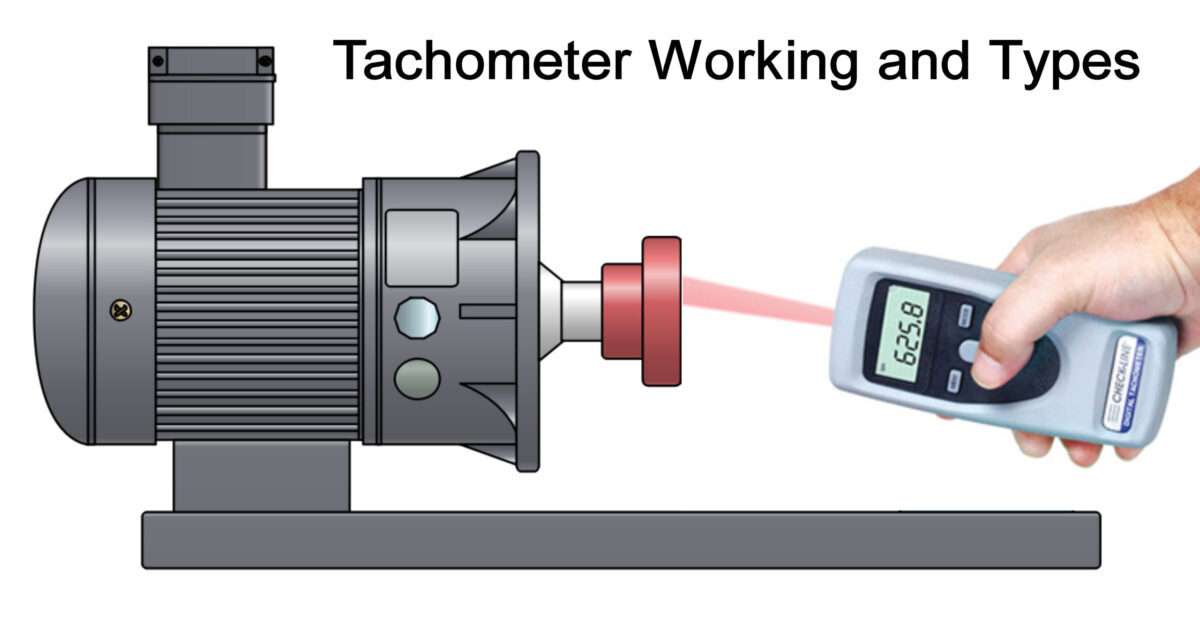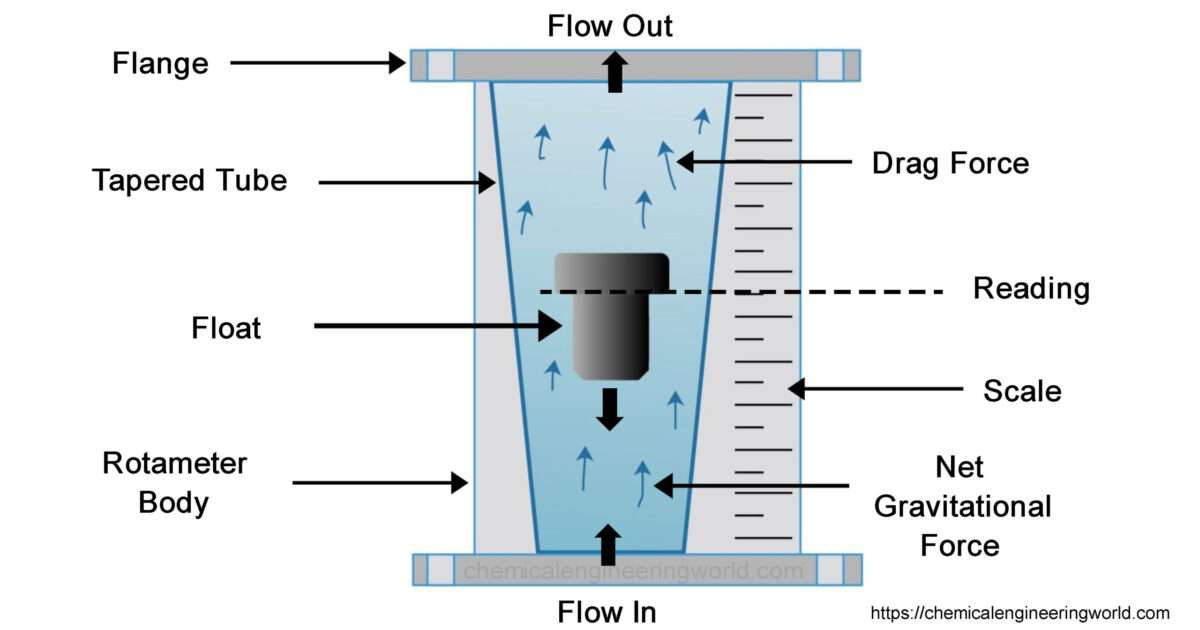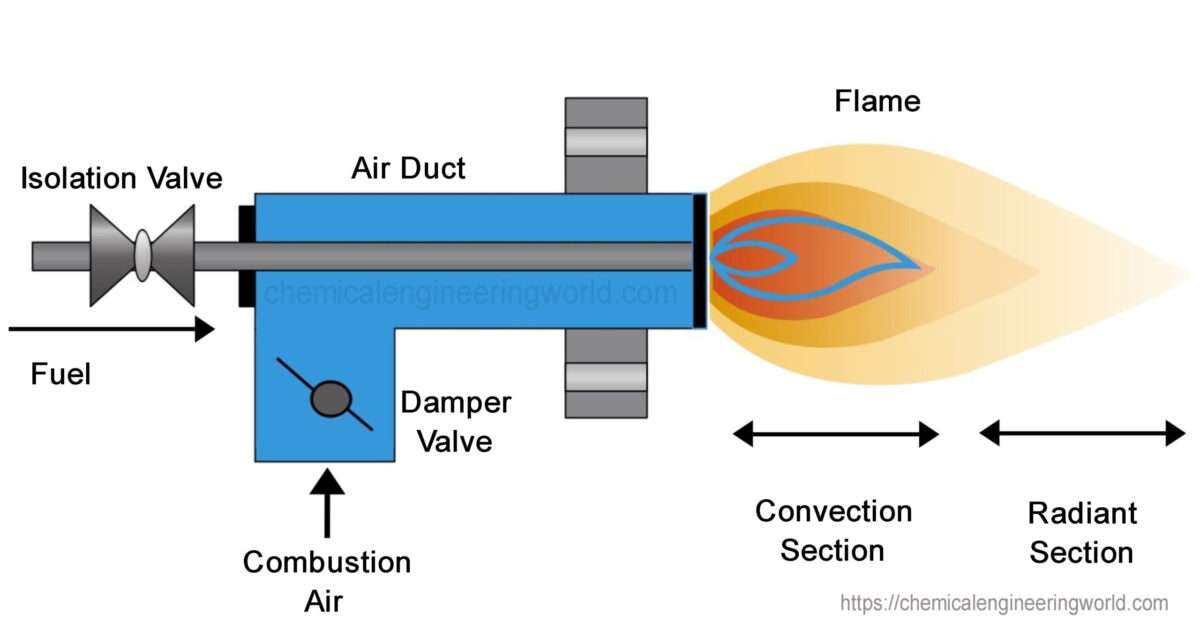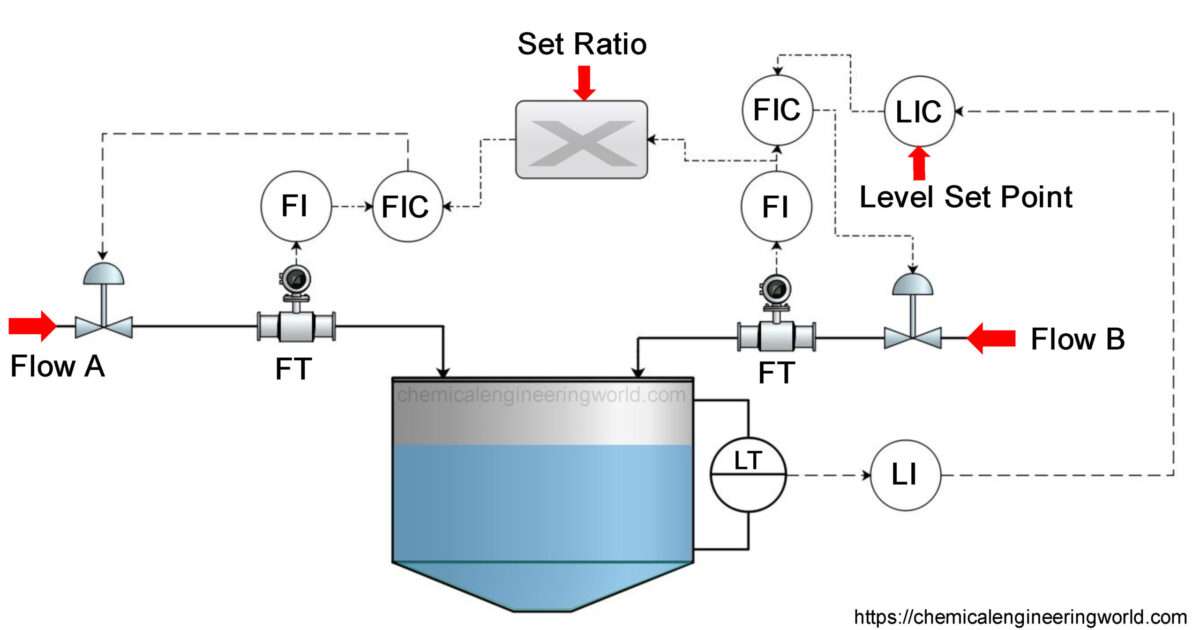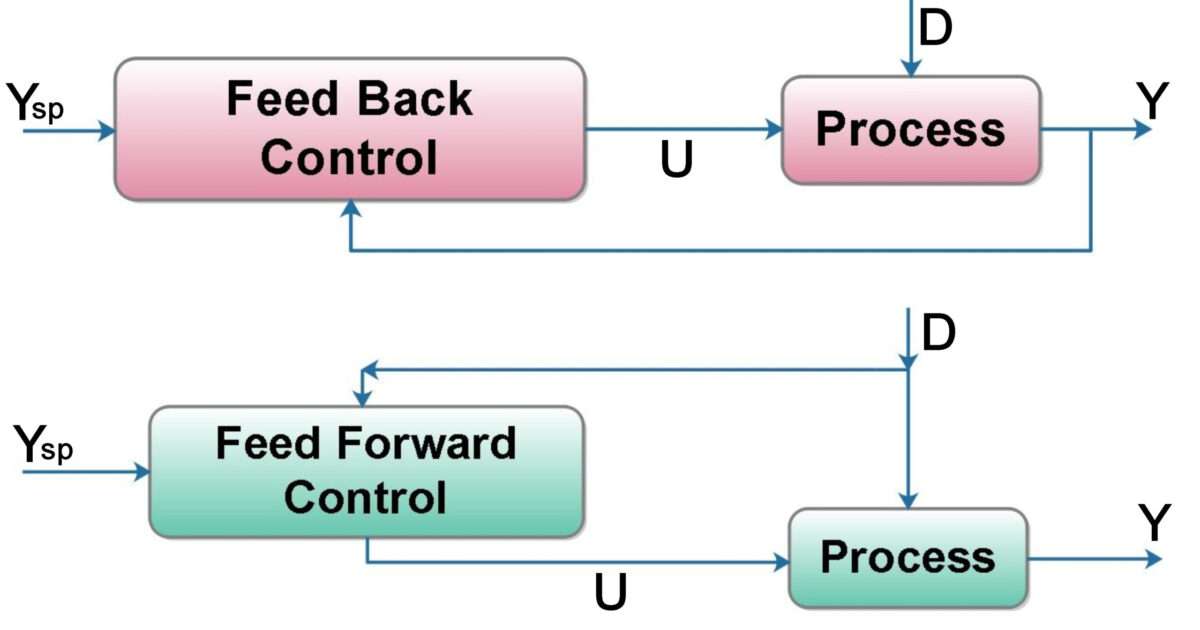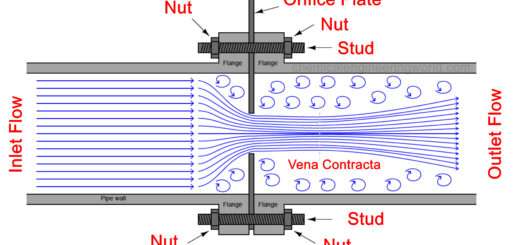Breather Valve Working Principe
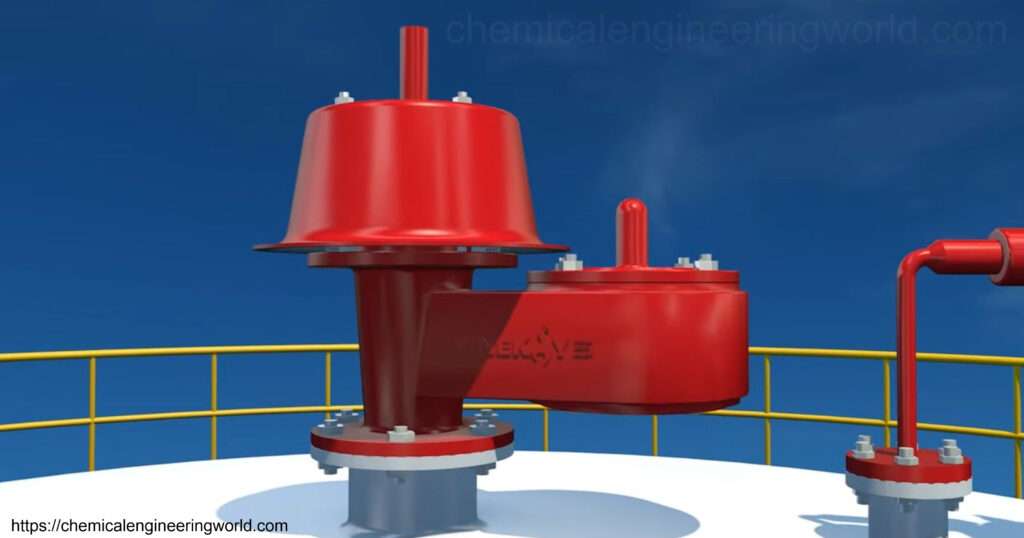
Breather Valve Working Principe
Breather Valve Working Principe
A breather valve is one type of relief valve. It works exactly as the nose works in the body. Its main function is to provide enough air to the storage tank when the tank is in an out-breathing condition. The breather valve is also known as a pressure/vacuum relief valve (PVRV). It is mounted on top of a fixed roof storage tank.
It is available in different types like pressure only, vacuum only, and combined pressure/vacuum type. It protects the storage tank in excessive pressure and vacuum conditions which cause rupture or imploding of the storage tank. They are available in a flanged outlet and atmospheric outlet. It is available in pallet type, spring type, and both combined type design also. Combine type valve is popular because in excessive pressure condition spring design will work and in vacuum condition pallet design will come in the picture.
Let’s talk about why we need a breather valve. When continuous pump feeding is taking place tank need to breathe means the circulation of air is needed. At that time if the vent is not big enough or is closed tank may explode or rupture happens. During this time if pressure exceeds the set pressure of the breather valve it will open and relieve the pressure. On the other hand, if the continuous pump emptying process is taking place at that time tank needs to breathe in the air. If the vent is closed or not big enough tank may implode. In this condition, the breather valve will open and relieve the vacuum.
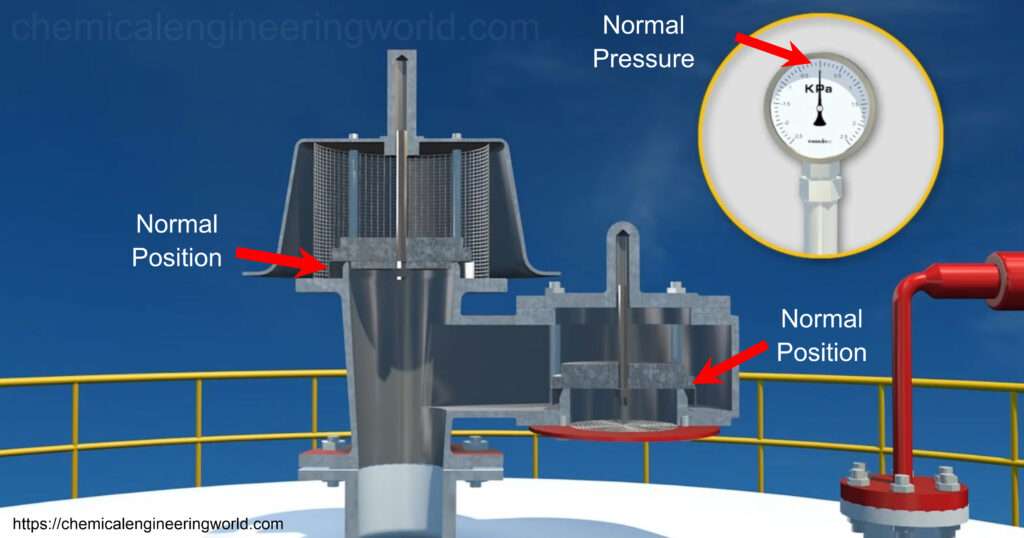
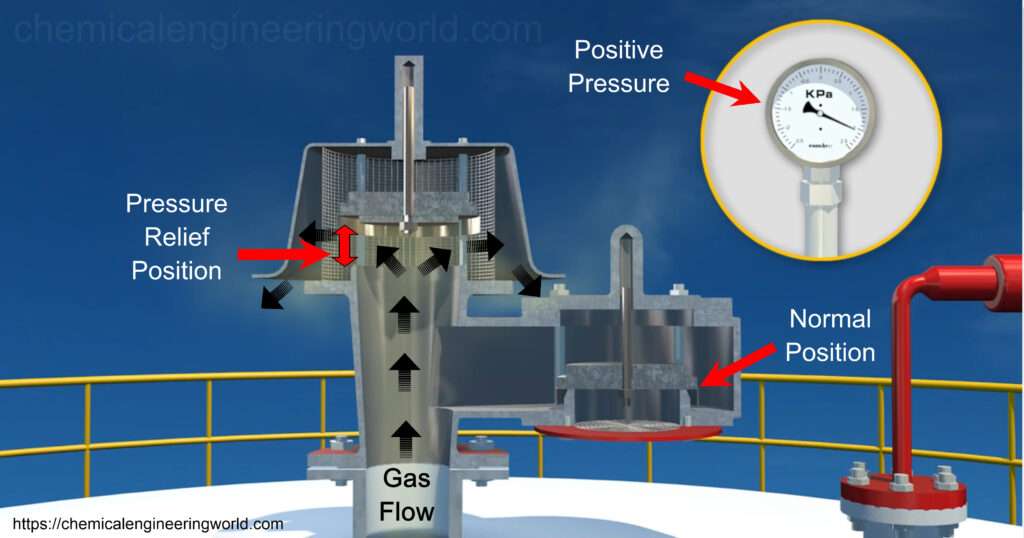
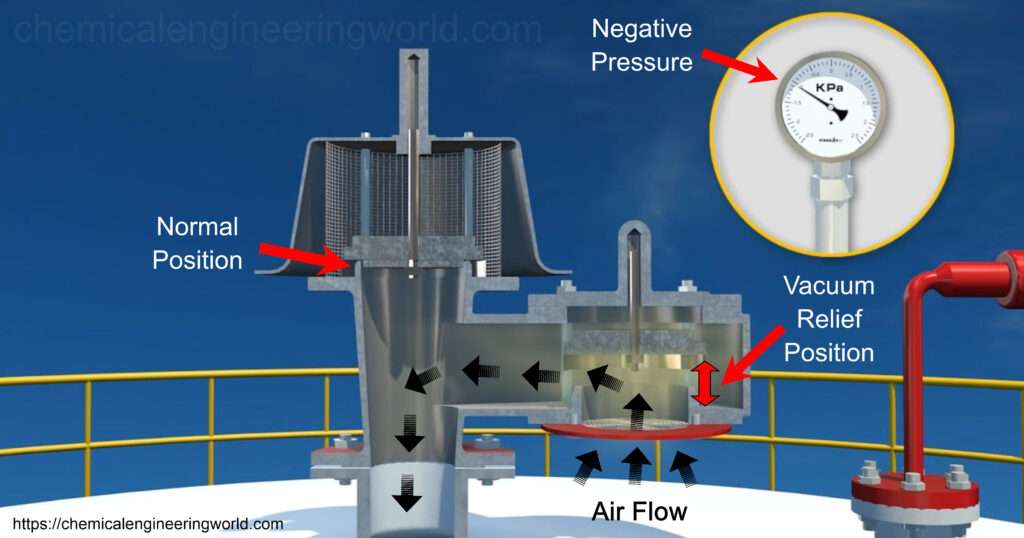
Types of breather valve
- Pressure only breather valve
- Vacuum only breather valve
- pressure/vacuum breather valve
Pressure only breather valve
Pressure only breather valve is used on the roof of the storage tank to take care of excessive pressure conditions. Whether it is spring operated or weighed operated valve as the pressure increases set value of the valve, it will open and maintains the regular pressure.
Vacuum only breather valve
Vacuum only breather valve is also mounted on the roof of the storage tank. When a vacuum is generated and pressure is below-set pressure it will open and maintains the pressure via air breathe-in.
pressure/vacuum breather valve
When we combine the upper two mechanisms in a single device it will become a combined pressure/vacuum breather valve. It works on the same principle.
The emergency vent valve is also one type of breather valve. When outside temperature increase unexpectedly during a fire situation or reaction runaway in the tank evaporation rate will increase and the normal pressure breather valve will not be enough. In this situation, the emergency vent valve which has a slightly higher set point will open up and quickly relieves the pressure.
Advantages of breather valve are:
- It prevents fire hazard
- Prevent vapour loss (save cost)
- Protects the tank from implosion and explosion
- Provides safety to pumping operation
- Low maintenance
Image:- Youtube
